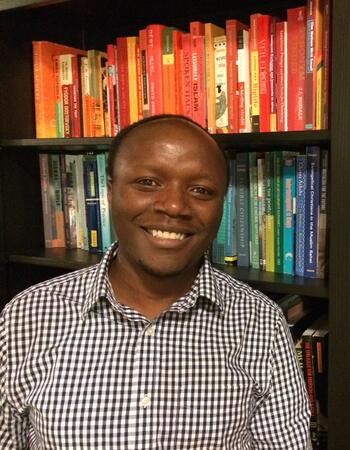E2EE platforms and health misinformation
End-to-end encrypted (E2EE) communications have been around for decades, but the deployment of default E2EE on billion-user platforms has new impacts for user privacy and safety. The deployment comes with benefits to both individuals and society but it also creates new risks, as long-existing models of messenger abuse can now flourish in an environment where automated or human review cannot reach. New E2EE products raise the prospect of less understood risks by adding discoverability to encrypted platforms, allowing contact from strangers and increasing the risk of certain types of abuse. This workshop will place a particular focus on platform benefits and risks that impact civil society organizations, with a specific focus on the global south. Through a series of workshops and policy papers, the Stanford Internet Observatory is facilitating open and productive dialogue on this contentious topic to find common ground.
An important defining principle behind this workshop series is the explicit assumption that E2EE is here to stay. To that end, our workshops have set aside any discussion of exceptional access (aka backdoor) designs. This debate has raged between industry, academic cryptographers and law enforcement for decades and little progress has been made. We focus instead on interventions that can be used to reduce the harm of E2E encrypted communication products that have been less widely explored or implemented.
Submissions for working papers and requests to attend will be accepted up to 10 days before the event. Accepted submitters will be invited to present or attend our upcoming workshops.
Webinar



 The People and Hearts with Qatar Facebook Page
The People and Hearts with Qatar Facebook Page A post from the Afghanistan My Passion Instagram account using a fabricated photo. The Taliban are shown praying for their “partner” Trump.
A post from the Afghanistan My Passion Instagram account using a fabricated photo. The Taliban are shown praying for their “partner” Trump.




